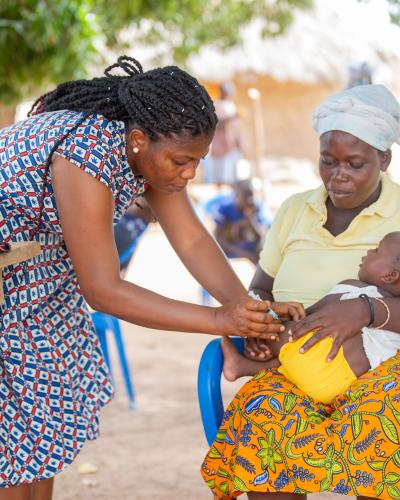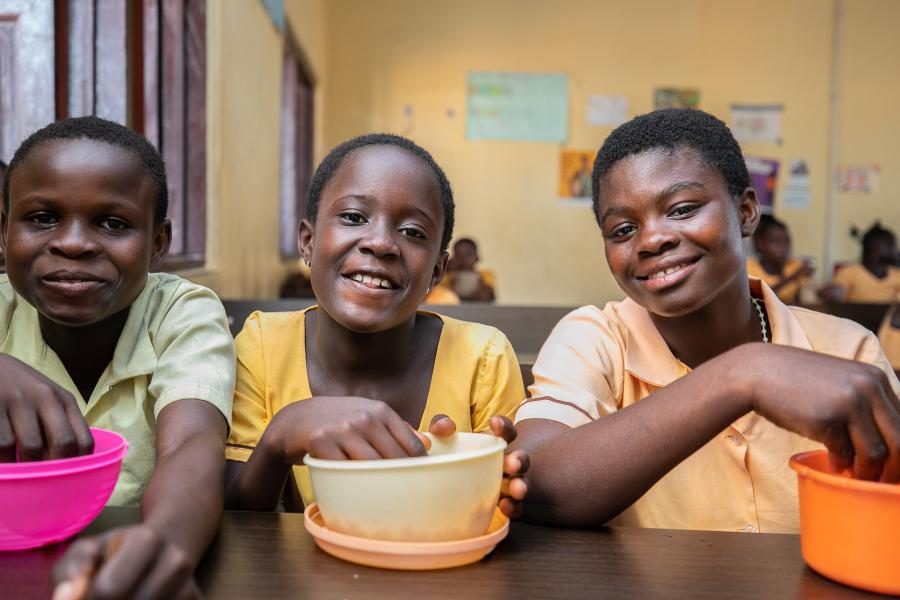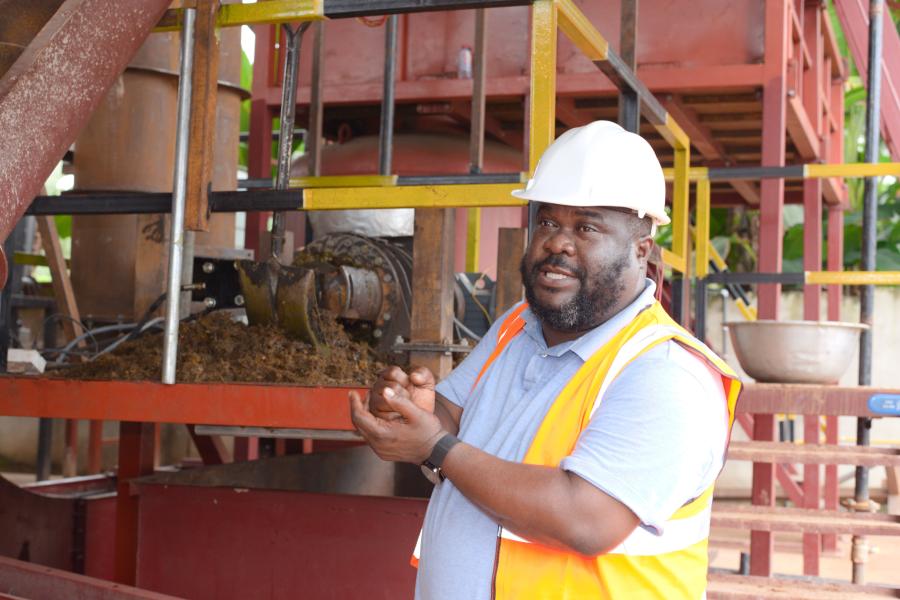Celebrating the United Nations at 78 – Accelerating action towards the SDGs

When the penholders of its founding document signed the Charter that birthed the United Nations some 78 years ago in 1945, they imagined a world of peace, prosperity, progress and development; a world where the rights of all people are entitled to them, without discrimination; a world where the benefits of our collective efforts are evenly shared. Their imagination is far from reality today.
Over the course of nearly eight decades of its journey, the United Nations has indeed faced and continues to address a wide range of challenges. These challenges include issues of international conflict, humanitarian crises, environmental issues, social and economic development. According to the UN Secretary-General, António Guterres, the challenges we face are universal and they “require universal solutions and cannot be solved through small groupings of states or coalitions of the willing.” As the only forum where this can happen, the United Nations continues to engage Member States to take action to ensure peace, freedom, development, equality and human rights throughout the world for the good of its peoples. These basic principles on which the UN was established still hold true today, as they did years back.
Regrettably, we are far from realizing the vision of the founders of the UN. Our world continues to grappleT with a wide range of crises and challenges that have profound impacts on societies, economies, and the global order. The COVID-19 pandemic, ongoing conflicts and climate change continue to create a web of challenges with significant global ramifications. Coupled with inequalities and injustices, these watersheds are giving rise to new grievances and a deep sense of unease among nations and people.

Halfway to the deadline for the 2030 Agenda, the SDG Progress report reveals we are leaving more than half the world behind; and have stalled or gone into reverse on more than 30 percent of the SDGs. It shows the number of people living in extreme poverty is higher than it was four years ago. Hunger has also increased and is now back at 2005 levels, and gender equality seems to be some 300 years away. With current trendsit is estimated that, only 30 percent of all countries will achieve SDG 1 on poverty by 2030. Simultaneously, inequalities are at a record high, and growing.
Transforming the Sustainable Development Goals into a tangible reality for people worldwide, the UN will hold the Summit of the Future in September 2024, a high-level event that will bring world leaders together to forge a new international consensus on how we deliver a better present and safeguard the future. To provide more detail on certain proposals contained in the Secretary-General’s vision for the future of international cooperation (Our Common Agenda) and to support world leaders in their deliberations as they prepare for the Summit of the Future, the UN Secretary-General has issued 11 policy briefs. The briefs cover areas including youth, digital compact, international financial architecture, information integrity on digital platforms, education, and peace.

In Ghana, the UN continues to support the country’s participation in many of these engagements. This past April, the UN Sustainable Development Cooperation Framework, its partnership agreement with the Government and people of Ghana, was signed. This partnership agreement demonstrates the UN in Ghana’s collective contributions to the country’s development process. The 3-year partnership focuses on Economic Transformation, Access to equitable social services and Durable peace and security in Ghana and in the sub-region, with climate action, data, digitalization, human rights and gender as cross-cutting issues. The UN will spend some 500 million dollars over the period of the Cooperation Framework to provide support that is catalytic and transformative to enable Ghana to realise its development goals.
This year, the UN has put its best foot forward, determined to influence critical thinking and policy decisions in areas that are vital and aligned to the Government priorities and the Cooperation Framework. By exploring unique engagement opportunities and collaborating with key partners, both new and old, the UN continues to leverage its collective thought leadership to stimulate discussions around some critical areas, including climate action, resource mobilization, innovative financing solutions for Small and Medium-Scale Enterprises, digitalization and human rights.
The UN’s support to Ghana’s engagement in the SDGs Summit recently, engagement with civil society and the private sector on food systems, as well as its support to actors towards their participation in the African Climate Summit this year, ahead of COP28 later this year, are but a few of the catalytical and transformative support to the Government.
The UN has further provided financial resources and technical support to catalyze institutional strengthening efforts and capacity enhancement of state institutions across various sectors. It has supported the productive capacity of MSMEs and value chain development through capacity building and access to finance as well as various digital initiatives.
Support for the social sector to enhance basic services including support for the review of the inclusive education policy, development of Ghana’s first Food-based Dietary Guidelines (FBDGs) and ongoing work to expand social protection social coverage are notable.
On sustaining peace, the UN is working assiduously with stakeholders to safeguard Ghana's peace through a 3-million US Dollar Peacebuilding fund programme to support women and youth empowerment and engagement in peacebuilding in Northern Ghana. Additionally, through the ‘I Pledge for Peace Campaign’, which was launched recently, and election round tables initiatives, the UN is supporting the work of the National Peace Council ahead of the 2024 elections to secure stakeholder commitments to preserve the peace of the country.
As we mark #UN78, we must bring a new urgency to national efforts, and a shared sense of common purpose to drive the positive change that we all want to see. The UN extends its heartfelt congratulations to Ghana on her leadership role at the United Nations.





